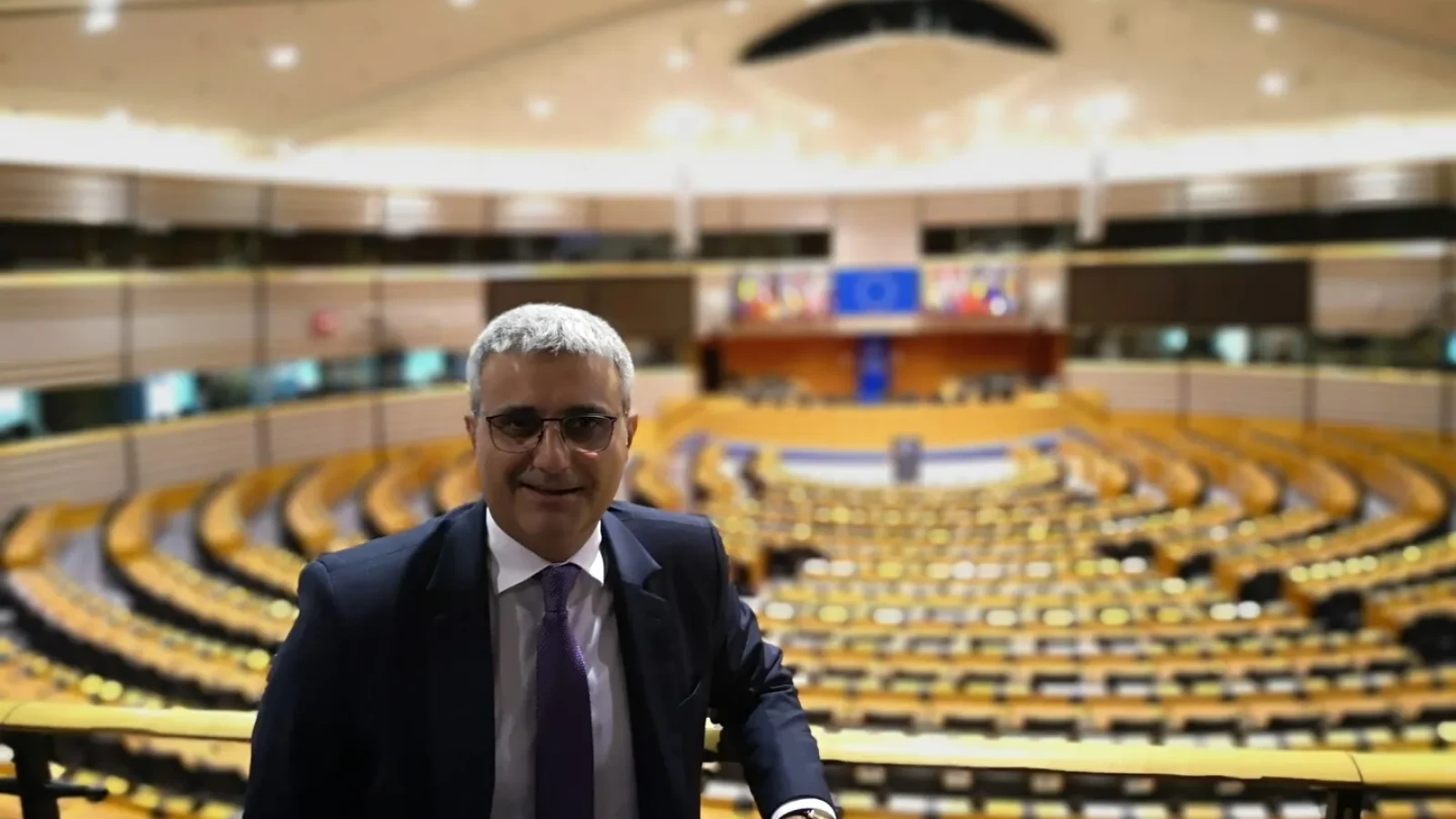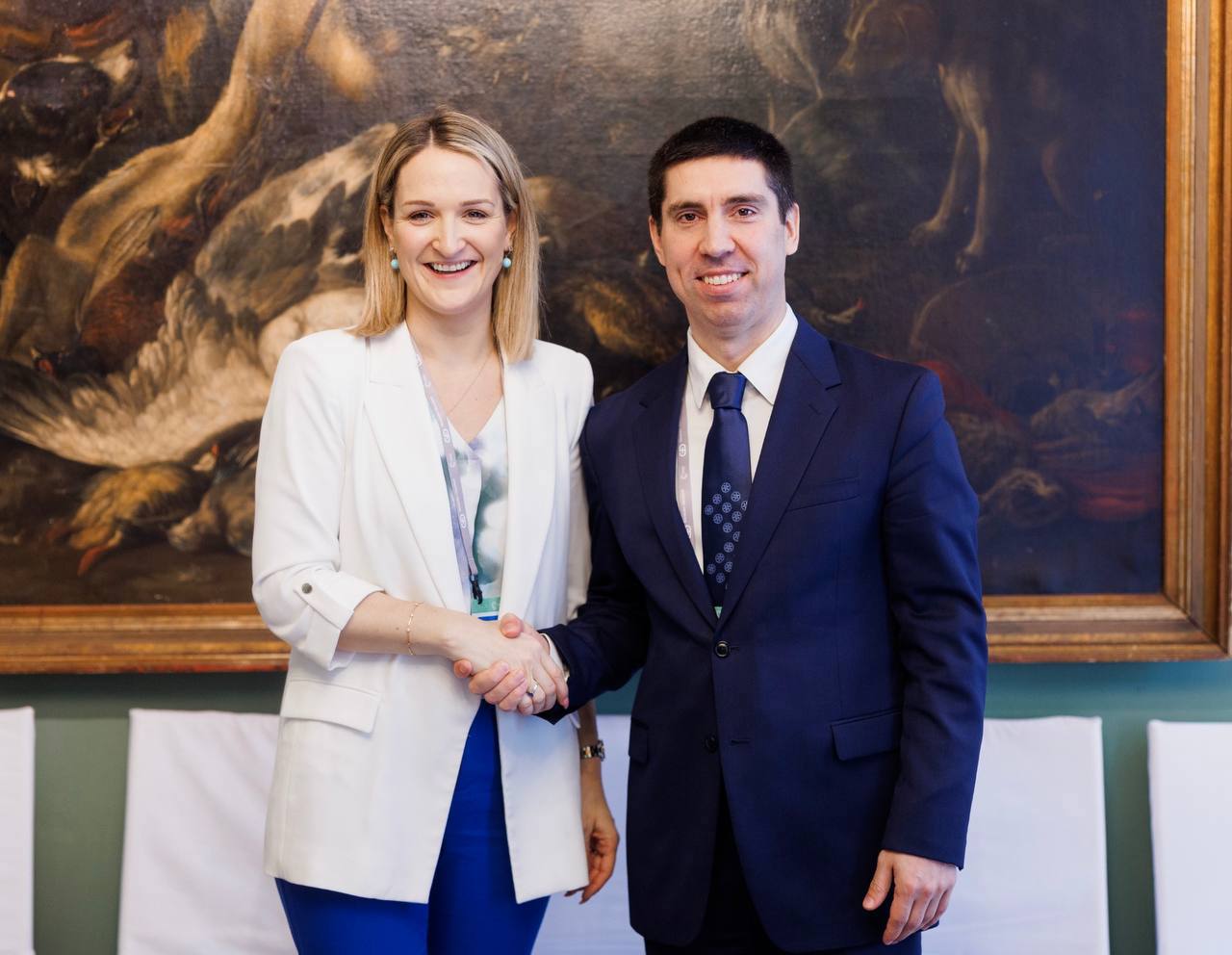Almost 5 in 10 Romanians prefer flexible working hours, and 43pct want more vacation days (survey)
Almost five in ten 10 Romanian employees, which is 48%, prefer flexible working hours, and 43% want more vacation days, according to a survey conducted by Mindspace, a global flexible workspace provider, told Agerpres.
Mindspace has unveiled the results of a recent survey of employees from industries worldwide regarding shifting sentiment towards the workplace.
Their latest Employee Wellbeing Data Report reveals that an astonishing 9 out of 10 employees consider wellbeing facilities and offerings to be critical when choosing a workplace, and 82% expect support from their employers in achieving a work-life balance.
Whilst the trend of "quiet quitting" may be abating and the return-to-office mandates are increasing, the survey suggests that attitudes towards the workplace and work-life balance continue to shift, with the majority of employees putting more emphasis on mental and physical health and overall wellbeing. Employee wellbeing has become a critical tool for empowering employee productivity and maintaining retention, which companies will need to take into account in order to remain competitive.
The report also explores the most impactful ways in which employees feel their employers should support their overall wellbeing. 43% of participants said the benefit with the greatest impact on employee wellbeing was flexible working hours. Other benefits mentioned include flexibility regarding work location (21%), free healthy meals (24%), more vacation days (33%), improved health insurance (16%) and physical amenities such as on-site gyms.
At the local level, the survey shows that 48% of Romanians prefer flexible working hours, 43% want more vacation days, 29% want free healthy meals, and 25% want improved health insurance.
When asked about the negative effects of workplaces where wellbeing was not prioritised, 25% said such environments adversely affected their desire to stay at the company - half of respondents (50%) said they believed workers' motivation would be most affected, followed by productivity (48%) and creativity (28%).
In Romania, 56% of respondents say that the decrease in productivity is the main negative effect of workplaces where well-being was not a priority, 51% say that motivation is the most affected, and 24% are of the opinion that creativity would be the most affected.
The survey aimed to highlight the global workforce's current sentiment towards employers' wellness offerings, the importance of a wellness-focused employer as a variable when choosing a new job or deciding to stay at a current place of work, as well as tangible ways that employers could support employee wellbeing.
"Companies that believe in returning to the office and want to retain their top talent should be forward-thinking and must recognise that built-in wellness amenities are not a luxury but a strategic necessity to promote wellbeing, to boost retention and to drive organizational success," according to Dan Zakai, Mindspace CEO and co-founder.
Mindspace conducted the survey based on interviews of 2,000 office workers across the US, UK, Germany, the Netherlands, Poland, Romania and Israel.
Mindspace is a boutique flex space provider. Mindspace's customer base includes blue-chip companies, enterprises and SMBs in over 45 locations, 20 cities and 7 countries across Europe and the US.
































Comentează